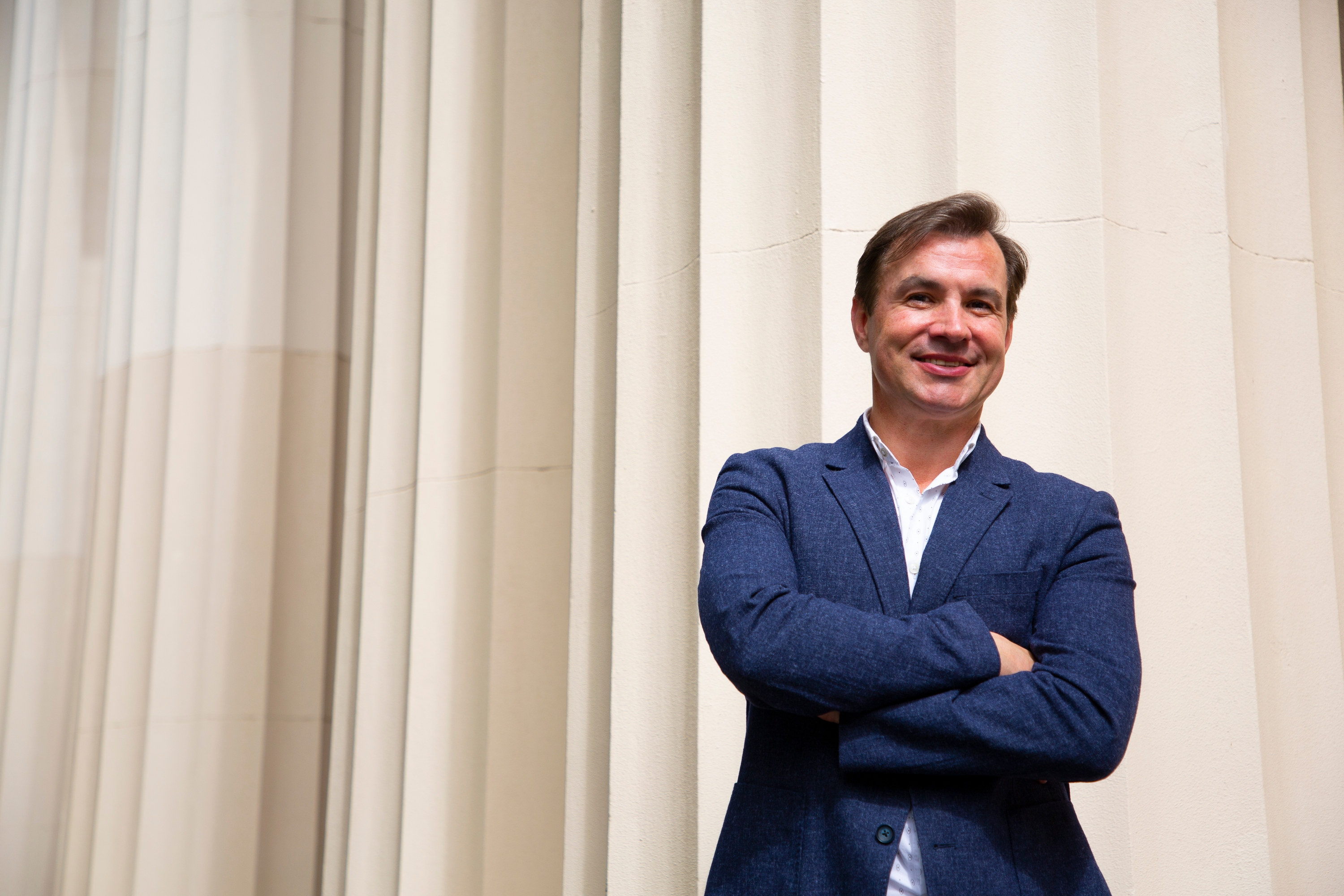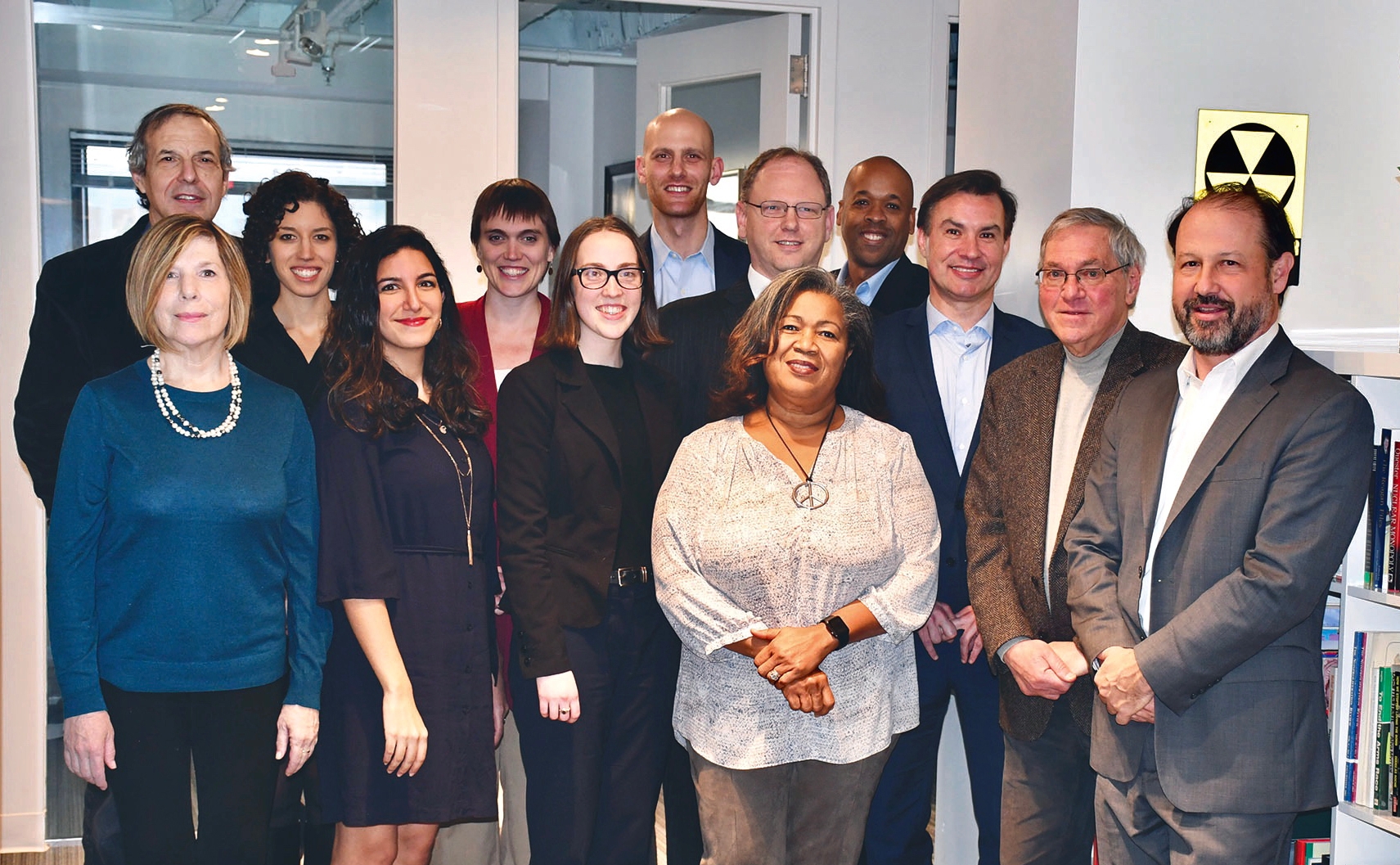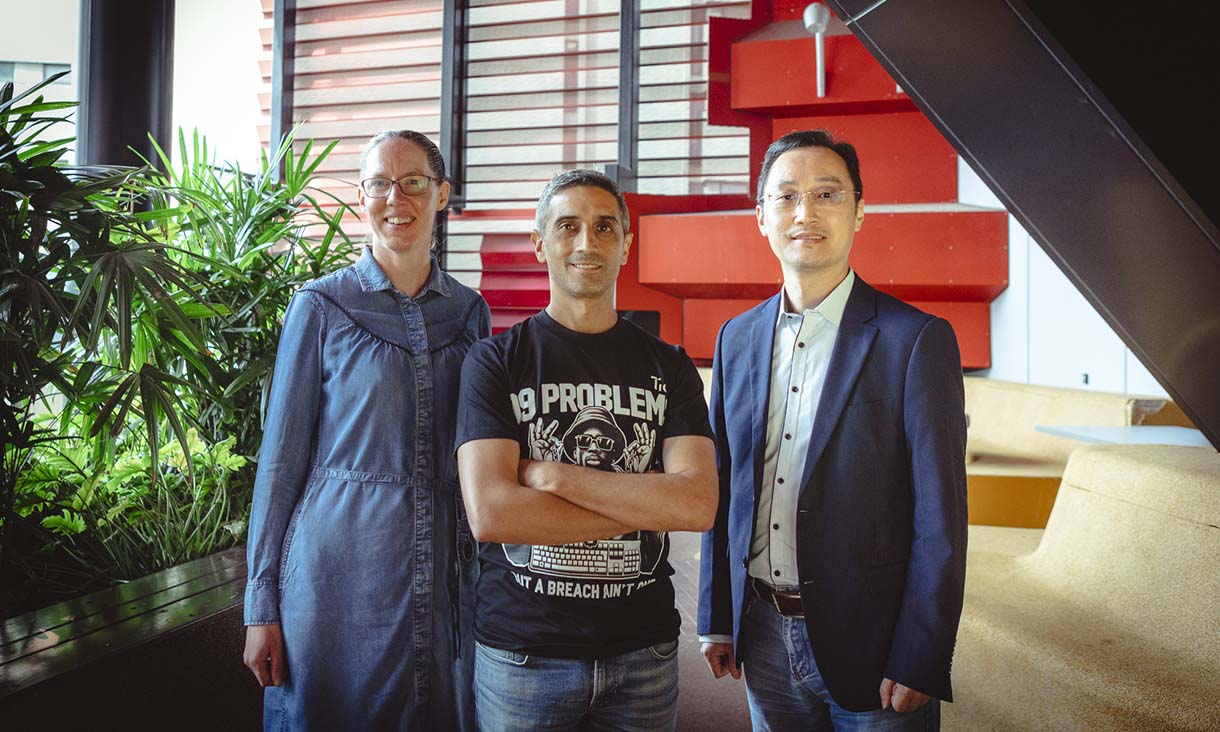As the appetite for nuclear weapons grows, the non-proliferation treaty (NPT) – universally recognised as the cornerstone of the nuclear non-proliferation regime and one of the most important pillars of international security – is under threat.
Since the end of the Cold War, the US has played a circuit-breaker role in the global non-proliferation regime: its leadership has been critical to the success or failure of virtually every non-proliferation and disarmament initiative that has been launched, including within the NPT review process.
“Even with Trump in power, we are still in a window where what US experts and practitioners think and do matters most to the future of the non-proliferation regime,” Warren says.
“But global security shifts mean that the window is starting to close. While it still remains open there is perhaps one last chance for the US to take strong leadership on non-proliferation and disarmament for the good of us all.”
But the appetite under President Donald Trump, who detests nuclear treaties, is instead for an arms build-up.
“The new Nuclear Posture Review, compounded with Trump’s disdain for arms control treaties, has the potential to negatively impact the positive role that the United States can and must play in moving toward a world without nuclear weapons and sustaining the NPT.”
Warren sees his research as his chance to do his bit: while interviewing high level policy makers across Congress and the White House he's conveyed his concerns and those of other non-nuclear armed states in the region, and presented strong arguments for ensuring the NPT survives these times of trouble.
Now back at RMIT University, Warren continues this work with his Washington DC connections, particularly those at ACA and George Washington University’s Elliott School of International Affairs.
With the window for positive action closing fast and the stakes as high as any, this is truly urgent research.
Warren’s placement with ACA was funded by his Fulbright Scholarship and the Australian Government's Department of Foreign Affairs & Trade.
Story: Michael Quin





